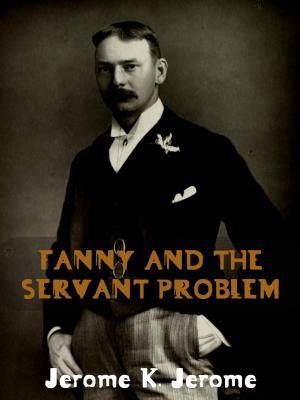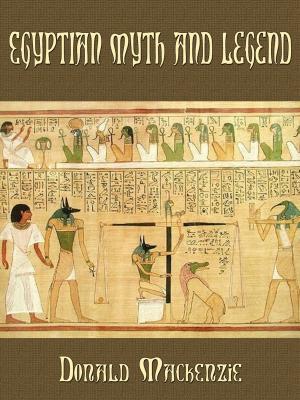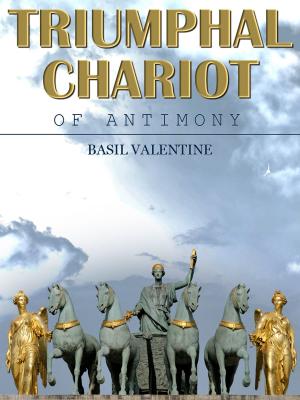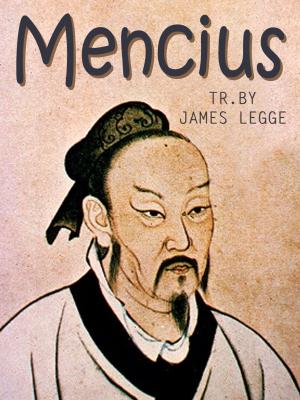The Mahabharata, Book 15: Asramavasika Parva
Nonfiction, Religion & Spirituality, Eastern Religions, Hinduism, Inspiration & Meditation, Spirituality, History| Author: | Kisari Mohan Ganguli | ISBN: | 1230000036242 |
| Publisher: | AppsPublisher | Publication: | December 3, 2012 |
| Imprint: | Language: | English |
| Author: | Kisari Mohan Ganguli |
| ISBN: | 1230000036242 |
| Publisher: | AppsPublisher |
| Publication: | December 3, 2012 |
| Imprint: | |
| Language: | English |
The Mahabharata, Book 15: Asramavasika Parva
Kisari Mohan Ganguli, tr.
Om! Having bowed down to Narayana, and Nara the foremost of male beings, and the goddess Saraswati also, must the word Jaya be uttered.
It is of immense importance to the culture of the Indian subcontinent, and is a major text of Hinduism. Its discussion of human goals (artha or purpose, kama or pleasure, dharma or duty/harmony, and moksha or liberation) takes place in a long-standing tradition, attempting to explain the relationship of the individual to society and the world (the nature of the 'Self') and the workings of karma.
The object of a translator should ever be to hold the mirror upto his author. That being so, his chief duty is to represent so far as practicable the manner in which his author's ideas have been expressed, retaining if possible at the sacrifice of idiom and taste all the peculiarities of his author's imagery and of language as well. In regard to translations from the Sanskrit, nothing is easier than to dish up Hindu ideas, so as to make them agreeable to English taste. But the endeavour of the present translator has been to give in the following pages as literal a rendering as possible of the great work of Vyasa. To the purely English reader there is much in the following pages that will strike as ridiculous. Those unacquainted with any language but their own are generally very exclusive in matters of taste. Having no knowledge of models other than what they meet with in their own tongue, the standard they have formed of purity and taste in composition must necessarily be a narrow one. The translator, however, would ill-discharge his duty, if for the sake of avoiding ridicule, he sacrificed fidelity to the original. He must represent his author as he is, not as he should be to please the narrow taste of those entirely unacquainted with him. Mr. Pickford, in the preface to his English translation of the Mahavira Charita, ably defends a close adherence to the original even at the sacrifice of idiom and taste against the claims of what has been called 'Free Translation,' which means dressing the author in an outlandish garb to please those to whom he is introduced.
"Janamejaya said 'After having acquired their kingdom, how did my grandsires, the high-souled Pandavas, conduct themselves towards the high-souled king Dhritarashtra? How, indeed, did that king who had all his counsellors and sons slain, who was without a refuge, and whose affluence had disappeared, behave? How also did Gandhari of great fame conduct herself? For how many years did my high-souled grandsires rule the kingdom? It behoveth thee to tell me all this.'
"Vaisampayana said, 'Having got back their kingdom, the high-souled Pandavas, their foes all slain, ruled the Earth, placing Dhritarashtra at their head. Vidura, and Sanjaya and Yuyutsu of great intelligence, who was Dhritarashtra's son by his Vaisya wife, used to wait upon Dhritarashtra. The Pandavas used to take the opinion of that king in all matters. Indeed, for ten and five years, they did all things under the advice of the old king. Those heroes used very often to go to that monarch and sit beside him, after having worshipped his feet, agreeably to the wishes of king Yudhishthira the just. They did all things under the command of Dhritarashtra who smelt their heads in affection. The daughter of king Kuntibhoja also obeyed Gandhari in everything. Draupadi and Subhadra and the other ladies of the Pandavas behaved towards the old king and the queen as if they were their own father-in-law and mother-in-law. Costly beds and robes and ornaments, and food and drink and other enjoyable articles, in profusion and of such superior kinds as were worthy of royal use, were presented by king Yudhishthira unto Dhritarashtra. Similarly Kunti behaved towards Gandhari as towards a senior.
The Mahabharata, Book 15: Asramavasika Parva
Kisari Mohan Ganguli, tr.
Om! Having bowed down to Narayana, and Nara the foremost of male beings, and the goddess Saraswati also, must the word Jaya be uttered.
It is of immense importance to the culture of the Indian subcontinent, and is a major text of Hinduism. Its discussion of human goals (artha or purpose, kama or pleasure, dharma or duty/harmony, and moksha or liberation) takes place in a long-standing tradition, attempting to explain the relationship of the individual to society and the world (the nature of the 'Self') and the workings of karma.
The object of a translator should ever be to hold the mirror upto his author. That being so, his chief duty is to represent so far as practicable the manner in which his author's ideas have been expressed, retaining if possible at the sacrifice of idiom and taste all the peculiarities of his author's imagery and of language as well. In regard to translations from the Sanskrit, nothing is easier than to dish up Hindu ideas, so as to make them agreeable to English taste. But the endeavour of the present translator has been to give in the following pages as literal a rendering as possible of the great work of Vyasa. To the purely English reader there is much in the following pages that will strike as ridiculous. Those unacquainted with any language but their own are generally very exclusive in matters of taste. Having no knowledge of models other than what they meet with in their own tongue, the standard they have formed of purity and taste in composition must necessarily be a narrow one. The translator, however, would ill-discharge his duty, if for the sake of avoiding ridicule, he sacrificed fidelity to the original. He must represent his author as he is, not as he should be to please the narrow taste of those entirely unacquainted with him. Mr. Pickford, in the preface to his English translation of the Mahavira Charita, ably defends a close adherence to the original even at the sacrifice of idiom and taste against the claims of what has been called 'Free Translation,' which means dressing the author in an outlandish garb to please those to whom he is introduced.
"Janamejaya said 'After having acquired their kingdom, how did my grandsires, the high-souled Pandavas, conduct themselves towards the high-souled king Dhritarashtra? How, indeed, did that king who had all his counsellors and sons slain, who was without a refuge, and whose affluence had disappeared, behave? How also did Gandhari of great fame conduct herself? For how many years did my high-souled grandsires rule the kingdom? It behoveth thee to tell me all this.'
"Vaisampayana said, 'Having got back their kingdom, the high-souled Pandavas, their foes all slain, ruled the Earth, placing Dhritarashtra at their head. Vidura, and Sanjaya and Yuyutsu of great intelligence, who was Dhritarashtra's son by his Vaisya wife, used to wait upon Dhritarashtra. The Pandavas used to take the opinion of that king in all matters. Indeed, for ten and five years, they did all things under the advice of the old king. Those heroes used very often to go to that monarch and sit beside him, after having worshipped his feet, agreeably to the wishes of king Yudhishthira the just. They did all things under the command of Dhritarashtra who smelt their heads in affection. The daughter of king Kuntibhoja also obeyed Gandhari in everything. Draupadi and Subhadra and the other ladies of the Pandavas behaved towards the old king and the queen as if they were their own father-in-law and mother-in-law. Costly beds and robes and ornaments, and food and drink and other enjoyable articles, in profusion and of such superior kinds as were worthy of royal use, were presented by king Yudhishthira unto Dhritarashtra. Similarly Kunti behaved towards Gandhari as towards a senior.















